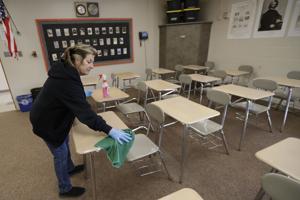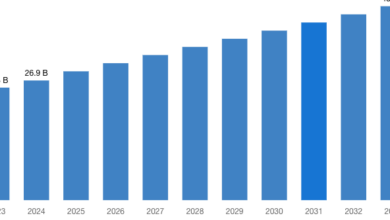Most Ohio university economists say opening schools will provide economic boost

(The Center Square) – With Ohio moving closer to vaccinating school employees with the goal of getting more students back in the classroom, state economists say a return to school statewide should provide a boost to the economy.
But, back to school won’t mean a quick economic fix, the experts say.
Scioto Analysis, a Central Ohio-based economic and public policy analysis firm specializing in tax and budget policy at the state and local level, surveyed 32 economists from Ohio colleges and universities and found the majority believe that a substantial economic boost will occur when all state schools return to in-person learning.
“Until schools reopen, there is a limit on how many individuals can go back to work,” Michael Jones, an economist at the University of Cincinnati, said. “With schools closed, the natural rate of unemployment is higher.”
Ohio Gov. Mike DeWine moved up COVID-19 vaccine distribution for school employees throughout the state. However, districts wanting to offer vaccines to staff must have a plan to return to at least some type of in-person learning by March 1.
Currently, districts across the state have been able to make their own decisions about online or in-person instruction, or some type of hybrid model.
The state’s largest school district, the Columbus City School System, has not held in-person classes since last March.
“I strongly believe that virtual school has negatively impacted parents’ ability to work,” Kent State University economist Curtis Reynolds said. “My uncertainty is how whether this will ‘substantially’ boost the economy with all of the other COVID-19 related problems the economy faces.”
While most economists think parents returning to the workforce after spending nearly a year at home with children full-time or at least part of the time will help the economy, others say the impact will come years down the road, when current students enter the workforce.
“Schools remaining closed would reduce the lifetime earnings of the children, thus lowering GDP in the long term,” Vinne Gajjala, an economist at Tiffin University, said. “Zoom is not a perfect substitute for in-person classes.”
Disclaimer: This content is distributed by The Center Square


